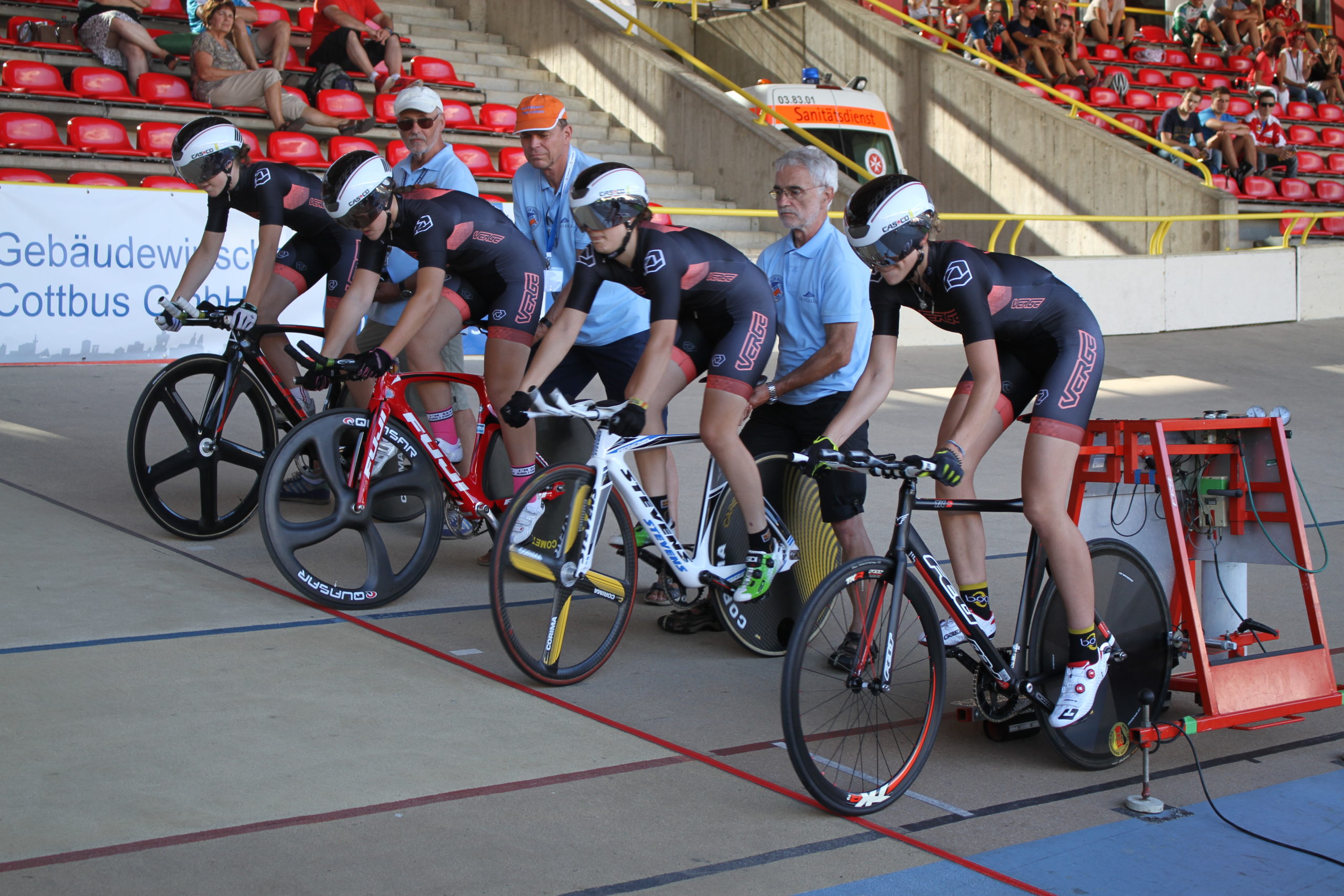
Age gives one a good, heavy rind. A durable crust that preserves the psyche and reduces the faint sting of left-handed compliments and micro-aggressions. Pride is still there, but it’s tempered by the knowledge that you do have limits. And failures. But still, repeated slights—no matter how subtle—get under the husk from time to time.
A case in point is the not-so-subtle implication found too often in fitness charts. Want to gauge your strength? Your flexibility? Your aerobic fitness? Check any of these charts from the estimable Mayo Clinic and you will see these concerns are apparently no longer relevant after age 65. Because that’s the last age on the charts. Ditto for other charts, elsewhere, on ideal weight or O2 or any other measure. Once in a while, big whoop, you’ll find something that includes a 70-year-old bracket.
So it was a pleasant shock to come across this heart zone chart from verywellfit.com that goes to age 80. The obvious (and possibly inspiring) implication is that someone out there, aged 80 or so, might be doing something more than watching Jeopardy while swilling a pre-prandial Manhattan on the parlor couch. Might, in fact, be engaged in an activity of “vigorous intensity.” The alternative message, when the chart stops at 65, is that a 70- or 80-year-old needs to settle down and learn his or her place before God and man.
The importance of age brackets is brought into high-relief by this wonderful profile of the amazing Patricia Baker, an 80-year-old track cyclist (and great-grandmother of five). Baker was late to the sport, starting at age 36. After winning “big masters races, including multiple state championships,” severe back pain forced her into retirement. More than 20 years later, at age 67, she started biking again as part of her physical therapy for scoliosis. She found that there was something about the “geometry of my track bike that’s just been perfectly OK with my back.” Since returning to competition, she has been setting records and winning big on the master’s circuit and maintaining a training schedule that many 20-year-olds would find daunting. (Seriously. Read the profile.)
Back to the brackets: Baker recently traveled to the UCI Masters Track Cycling World Championships in Manchester, England. She was competing, but she also had another mission: to help redefine age brackets for the competitors and the record books. Too often, older female athletes are all lumped into a single “over 55” age bracket. (In many races, the same applies to their male counterparts.) The UCI had recently expanded its brackets to include a 75+ category, and Baker reasoned someone needed to show up at that level. “Since so few women her age currently race on the track, Baker worried that if she didn’t show up”—if she didn’t put a stake in the ground with a record to be challenged and defended—“the UCI might rescind the new age bracket at future events.” She showed up and went head-to-head with Bonnie Woodbury, also from the U.S., with Baker winning one gold and Woodbury taking home two.
It should be noted that the USA Cycling Masters Track National Championship already has an 80-to-84 age group for women. And that Baker established four national and world records in that category last August. This is remarkable, of course, though possibly not that pertinent to the lives of most older athletes. Still, it feels like a harbinger of where the species is going.
Image: German Championships in Track Cycling 2016, by Nicola via Wikimedia Commons.









